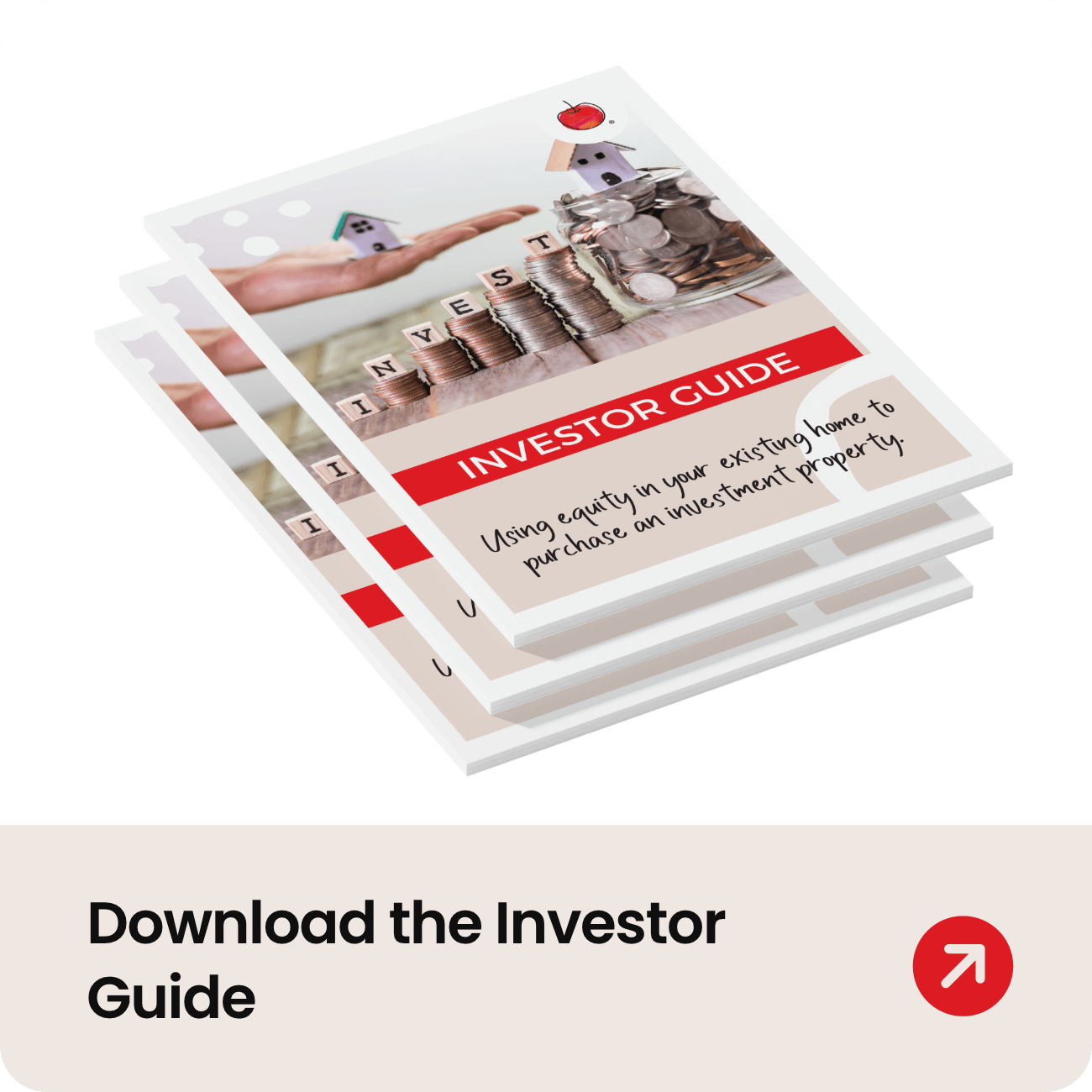So how does equity work when buying a second home? If you have lofty dreams of becoming a property tycoon, learning the basics can help to get you there faster.
If you’re already the proud owner of one abode, it’s usually only a matter of time before your attention turns towards obtaining another. However, purchasing a second property is a lot different to your first, and for many it’s a much easier process if you know your way around how the world of real estate finance works – so how does equity work when buying a second home?
How To Utilise The Equity In Your Existing Property
In simple terms, the equity of your home is the term we use to describe the financial difference between your property’s market value, versus the balance of your mortgage. Essentially, it’s the portion of funds that you’ve already paid off against your home loan including the hefty deposit put down. Providing that you’ve owned the home in question for a few years already or have made some pretty sizable repayments, you should have a reasonable amount of equity in your property, which can be an enormously valuable resource when it comes to purchasing a second abode.
However, accessing your equity is not as simple as strolling into the bank and asking for the funds you’ve already paid back. All lending providers have a wide range of different terms and conditions in regards to how and when you can access your equity, with some offering access to it after as little as six to twelve months. Other factors that may influence using your equity can include:
- The type of property purchased
- The policies of your lender
- Your servicing position with the bank
- Your age and income status
- Your repayment history and credit file status
- Ideally owing under 80% of your existing property value
For an example on how to use equity to buy property in the real world, let’s take a look at Lisa and Darren’s current situation. After saving enough for a deposit, Lisa and Darren purchased their first home in 2013 for $305,000 in Brisbane’s bayside suburbs. After factoring in the upfront costs and the deposit that they had available, Lisa and Darren took out a home loan for $250,000. However, as Lisa is now expecting their third child and has been working from home, their family is looking to upgrade to a larger space with a bigger yard and more bedrooms. In Lisa and Darren’s situation, how does equity work when buying a second home?
Well, needless to say, Lisa and Darren were thrilled when their property was recently evaluated for $500,000 in 2021. Even though Lisa and Darren still owe money on their existing mortgage, they are now able to potentially utilise the increased equity in their existing home to put towards the purchase of a new one as a deposit.
Providing that Lisa and Darren are in the position to repay both mortgages, this means their family can now move ahead with purchasing a bigger family home, and are leaning towards renting out their first property instead of selling it. In the blink of an eye, Lisa and Darren are now the proud owners of an investment property, while still getting to live in the home of their dreams that’s better suited for their family and lifestyle.
However, in order for Lisa and Darren to use that equity in their first property, they still need to account for the standard fees involved with any property purchase, such as stamp duty, conveyancing fees, and removalists. As such, the couple also needed to refinance their existing home loan. This process can be costly but if actioned properly, investors could get this back via lower interest rates. Loan discharge fees generally range between $100 to $400, plus the setup fees of $300 to $1,000, and even a standard valuation fee sits between $200 to $500.
As a result, it’s always worth consulting with a mortgage broker as a means to ensure that you’re still getting a loan product that’s best suited to you, and your individual needs and personal circumstances.
Get The Right Advice The First Time
With a background in banking, finance, business development and project management, there’s no better advocate to have on your team than Nikki Berzin. As a fully qualified mortgage broker and director of Cherry Lending & Finance, Nikki is passionate about all things finance, and empowering her clients with the tools to hit their property goals is what she does best.
If you’re looking to get into your first home, purchase an investment property or even want to look at your options for refinancing, the first step is starting the conversation. Get in touch with Nikki today, or call her directly on 0427 374 155 to bring your mortgage dreams to life.
Disclaimer: Your full financial needs and requirements need to be assessed prior to any offer or acceptance of a loan product. Subject to lenders terms and conditions, fees and charges and eligibility apply.
Credit Representative 499652 is authorised under Australian Credit License 389328.
This page provides general information only and has been prepared without taking into account your objectives, financial situation or needs. We recommend that you consider whether it is appropriate for your circumstances and your full financial situation will need to be reviewed prior to acceptance of any offer or product. It does not constitute legal, tax or financial advice and you should always seek professional advice in relation to your individual circumstances. Subject to lenders terms and conditions, fees and charges and eligibility criteria apply.





